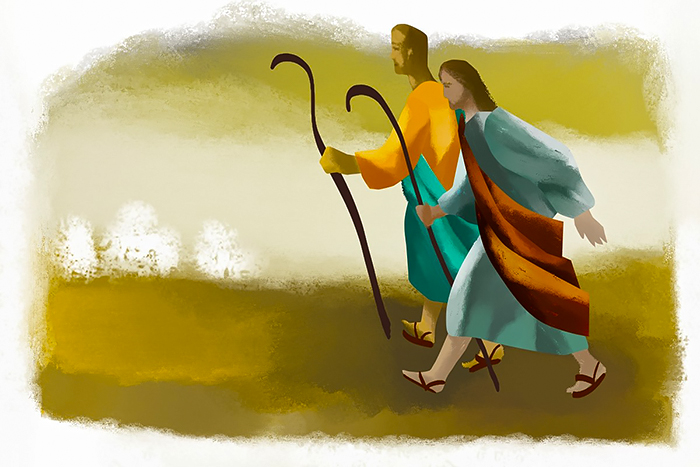
“It is not what goes into a person’s mouth that defiles him or her, it is what comes out of the mouth. For what comes out of the mouth comes from the heart and, from there, issue forth lies, evil thoughts, and slander.” With words very similar to these, Jesus summarizes the eighth commandment. Leo Tolstoy once said that all happy families resemble each other but that each unhappy family is unhappy in its own way. Fr. Ron Rolheiser writes that it is true, and it is also true of generations. Each generation has its own unique demons peculiar to it, which spawn a particular form of unhappiness. We see the effects of this in a growing hardness of heart everywhere within the culture and the church. In virtually every circle, liberal and conservative alike, we see hardness, cynicism, the tendency to demonize and slander others, and a blunt, angry, rationalized refusal to look honestly at the truth without inflations, ideologies, denial, and distortion. We see, as well, an absence of healthy self-criticism, which is then compensated for by an excess of criticism of those outside the circle. We rarely see pockets of tenderness, forgiveness, and repentance today. The absence of these is an infallible sign that we are not living in the truth but are lying and not sinning bravely. Lying and rationalization form the root of bitterness, the root of slander, and the root of the unhappy hardness of the heart. If I am a liberal, I lie through self-hatred. I look at my background and history and find no difficulty seeing and naming the lies of the great institutions that shaped me. Thus, I look at family, church, and nation and can see and name every kind of falsehood in them. So, I go through life made unhappy by the liberal life, a “recovering Catholic,” bitter at my own past, hating my own roots and, not infrequently, distorting those roots through a revisionist rereading of them that is based more on ideology and hatred than accuracy. If I am conservative, my drug of choice when it comes to lying is denial. As a conservative, I have little difficulty in seeing and naming personal sin. I see sin all over. Moreover, I have no trouble genuflecting; I am forever insisting that everyone genuflect. My failure of not facing the truth is the exact opposite of the liberal. I can never admit the real faults, historical and present, inherent and incidental, which come from family, church, nation, and every other revered institution within life. The most dangerous of all sins is lying. The unforgivable sin against the Spirit begins with a lie. But there is a flip side to this. Scripture also tells us that the single condition for finding and acknowledging Christ is the refusal to lie. The eighth commandment is trying to teach us just this.









